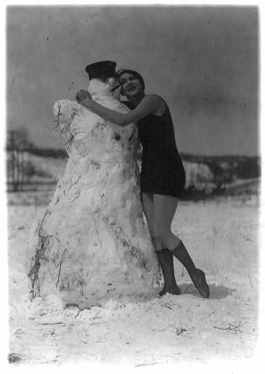They mounted the grass-covered hill of Southland park, looking up the path between the trees. The sidewalk continued curving away almost looking like it touched the sky. He smiled and turned to her and she wasn’t smiling so his smile diminished. The weather wasn’t too warm that day.
He took out a round pink stone. A rose quartz. He looked around for a spot to bury it.
“You want to bury it here? Why? Won’t someone come and take it?” She asked.
“If they want to dig it up,” he said.
She looked at the top of the hill where the sidewalk disappeared. He said, “Plants cleanse the negative energies better.”
“Not along the path? Doesn’t it have as much energy. You know. People moving back and forth,” She said as the wind picked up, and dropped the temperature by degrees. No one was out that day.
“Yeah, but trees have energy,” He continued.
He pulled up the soil next to the tree with his hands. He put the pink crystal carefully into the hole. He returned the stone to its mother earth to charge for a while. That was what he did to many stones. He didn’t mind to lose it. He covered up the hole.
The Rose Quartz was the lover’s stone. One who has it should always feel loved. He knew it corresponded to the energy of the heart. He knew the stone might need to recharge in mother earth from its ordeals under his pillow, next to the one she slept on.
The thought of returning it to its mother made him think. How lovers in relationships returned to their parents when having some bad times. They were in this relationship for a few years now. They were too far away to meet their parents very often. They lived on the east coast and their families were all to the west coast. They had to stick together or go to friends in the ups and downs of their relationship. At times, he didn’t really think about what their relationship was.
He really wanted to be optimistic.
He knew there were supposed to be good and bad times.
“Besides,” he said to her, “if someone wants to dig it up, they need it more than me.”
He sat there a moment then went over to hug her and she backed away, “I don’t like it when you do that. You’re all dirty.”
He grinned but she didn’t return it. He dropped his grin eventually and wiped his hands in the grass.
He looked to her as they continued walking along the path up the hill and she didn’t look at him but said, “You going to buy anymore stones?”
“I was thinking about it,” he replied rubbing his hands together for warmth.
He said to her when they were dating that he liked to collect stones. She didn’t usually ask him about his crystals and his collection.


